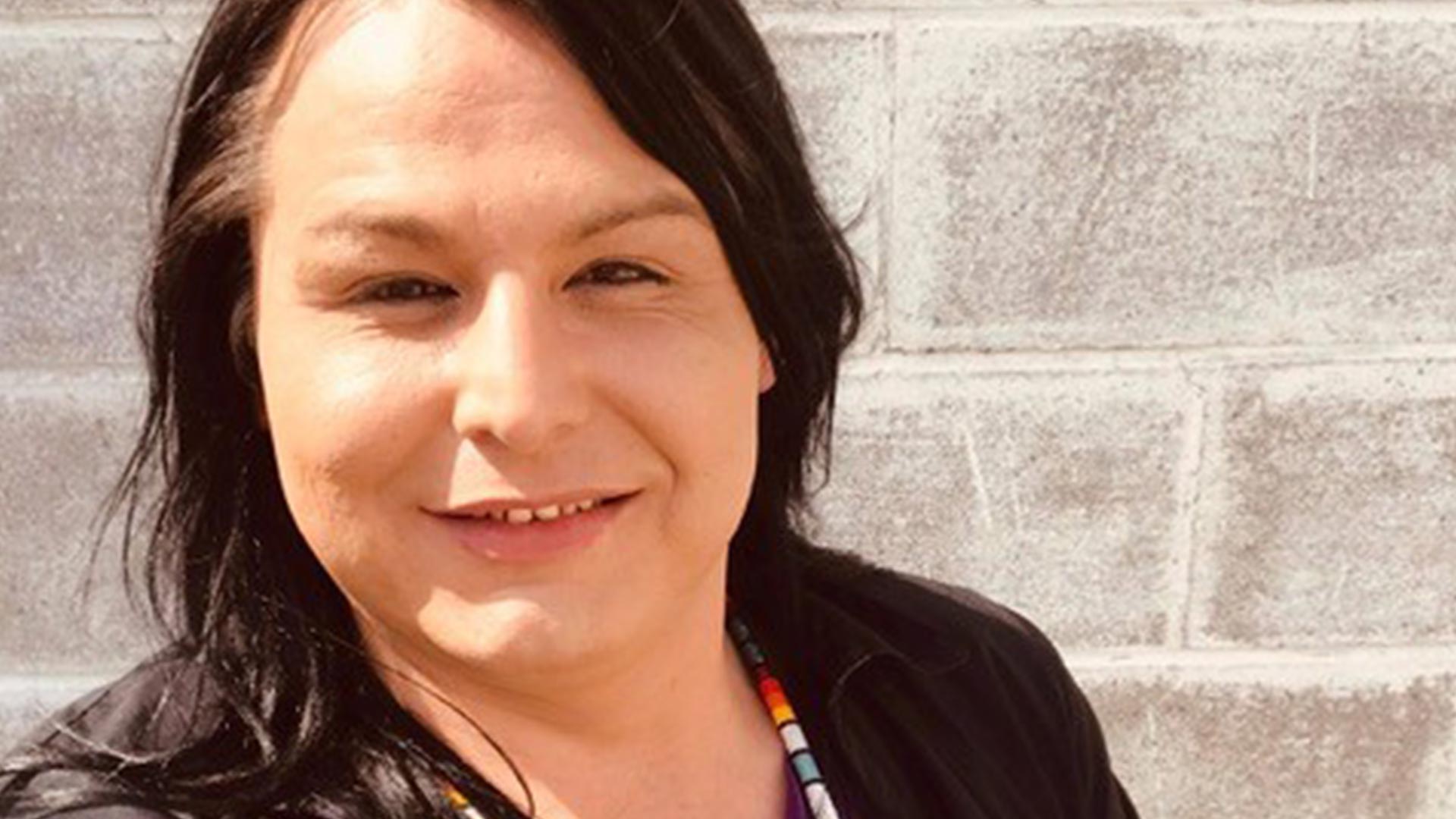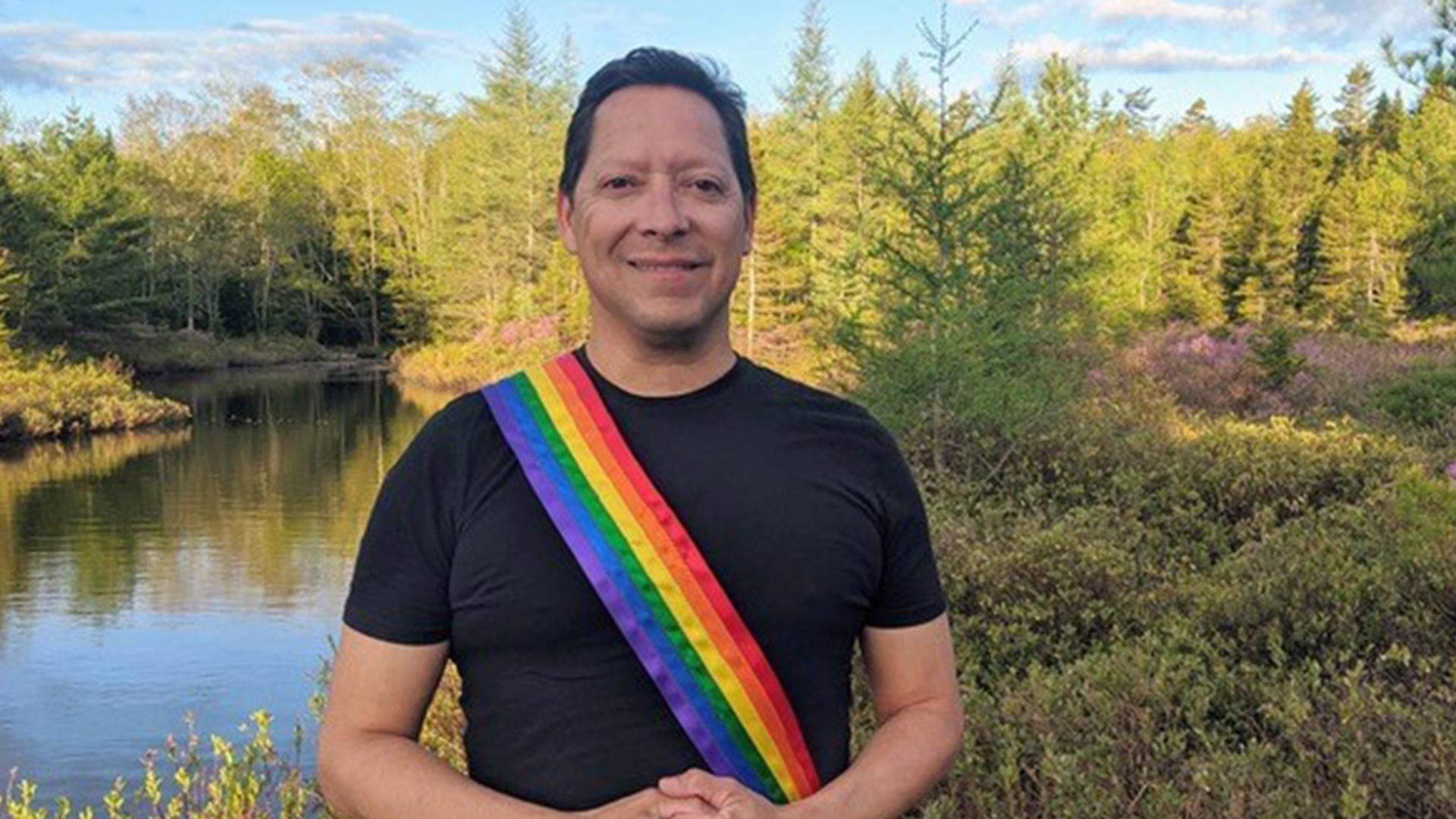Alaya McIvor testified twice at the hearings looking into the causes of violence against Indigenous women and girls.
And after it was over, she felt empty.
“I didn’t really feel heard, therefore there was no empathy from the commissioner at that point, at that time,” she said.

McIvor testified on behalf of her cousin, Roberta McIvor who was killed in 2011, and then again as a survivor.
When the report was released, it contained 32 specific calls for justice for 2SLGBTQQIA .
Marion Buller, former commissioner for the inquiry said she’s disappointed to hear that some people didn’t feel welcome – but that 2S people were encouraged to testify.
“I’m somewhat discouraged to hear that people felt that they weren’t heard but I do also encourage them to read the special part of our final report and our calls for justice directed at the concerns that were raised and I think that people will find that they were heard,” said Buller.

John R. Sillyboy, is the interim executive director of the Wabanaki 2S-Allioance, feels the report is inclusive.
“We feel that this report better reflects our presence even the wording, two-spirited LGBTQQIA is outright spelled everywhere in the report so that’s very important that presence is felt,” said Sillyboy.
The report has not been without controversy.
According to Prime Minister Justin Trudeau and Carolyn Bennett, minister of Crown Indigenous Relations, the COVID-19 pandemic has delayed the launch of the government’s plan to implement the calls for justice.
McIvor said delaying the response is irresponsible.
“It blows my mind that it had to take so much millions of dollars you know to have a report delivered and one year later, still no response, no action, no action, no tangible no tangible funding pieces in place to implement those 231 calls to action,” said McIvor.

A decision that some say is discriminatory.
Felicia Tremblay is the director of diversity for Montreal Pride.
She says she takes the government’s delay personally.
“We’re often only perceived as you know brown bodies but we’re so much more than that and we’re constantly dehumanized in media, in people’s conversations, in our workplaces, in schools, so I’m sorry, makes me very emotional, so no nothing is changed, when is it going to change, that is the question,” said Tremblay.
The report says the calls for justice are Canada’s obligation to human rights.









